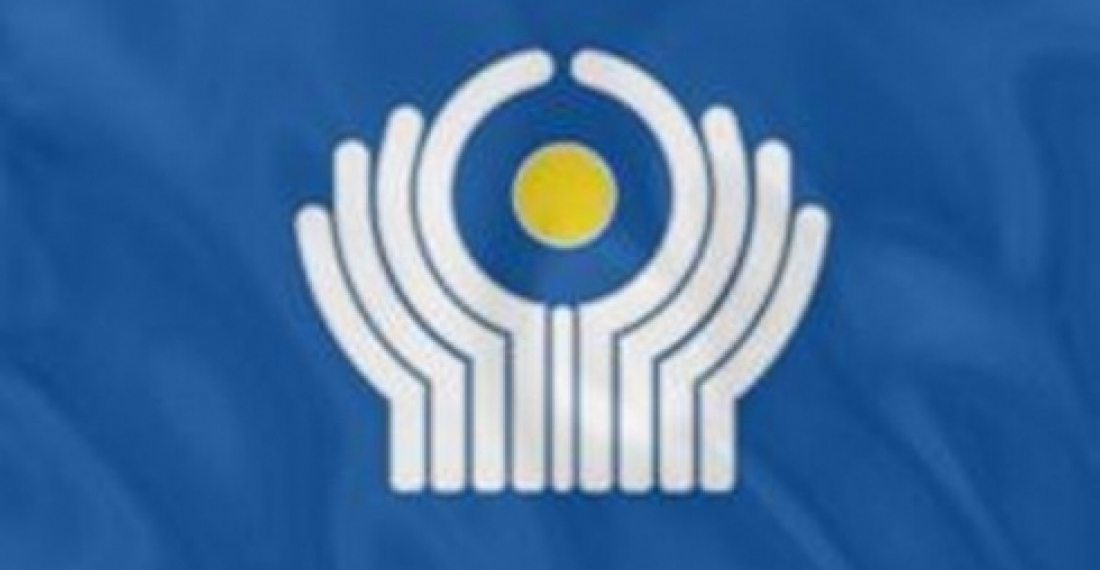Several news agencies are reporting that the Ukrainian Government has called for an urgent meeting of Foreign Ministers of the Commonwealth of Independent States (CIS) to be held in Kiev on Friday. Ukraine currently has the chairmanship of the organisation. The CIS was established after the dissolution of the USSR as a grouping of the former Soviet Republics. The three Baltic states never joined, and Georgia left in 2008 after the Georgia-Russia War. The organisation is often criticised for inertia and for signing hundreds of agreements most of which are never implemented.
However by convening a Ministerial meeting the Ukrainian Government is putting the Russian government on the spot, since Russian participation in the Kiev event will constitute a de facto recognition of the current Ukrainian authoirities. The meeting may also be inconvenient for a number of other member states who up to know have set on the fence and not taken a position with regards to current events in Ukraine. Critics of the organisation say that not for the first time the CIS has proven to be a completely ineffective organisation that is not able to help member states to resolve differences between them. They also argue that the organisation is simply another framework through which Russia tries to exert pressure on its neighbours, although in this case it is largely ineffective. The Kiev meeting will therefore constitute an important test of the organisation and can contribute to its demise.
source: commonspace.eu
photo: The logo of the Commonwealth of Independent States.







